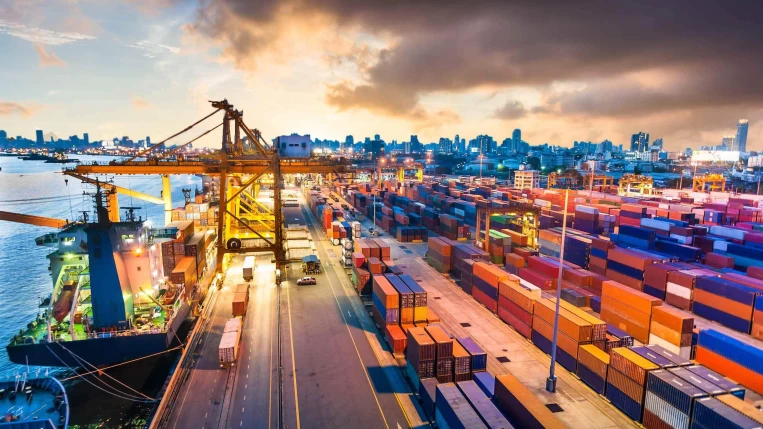Demand is picking up between the Asia-Europe shipping route, according to a recent report by Flexport, but congestion is still having a "widespread impact" on capacity deployed on this route.
In its freight market update on May 24, Flexport said overall space is starting to fill up again while "serious congestion" in European ports is causing sailings to return to Asia late, resulting in additional delays and blank sailings.
"Shanghai is slowly opening following a lockdown of almost 2 months. The third quarter is expected to be strong with a summer peak. However, there are many uncertainties on a macro level such as the Ukraine conflict, high inflation across Europe, and lower consumer confidence," the report said, adding that rates on the route are expected to increase in June due to tighter space.
Flexport noted that for North America-Asia, vessel arrivals and available capacity remain fluid for all USWC ports.
More blank sailings expected
"More blank sailings due to the vessel backlog in Shanghai can be expected," the freight forwarder and customs brokerage company said, noting that the USEC continues to see challenges with vessel congestion and some vessel strings omitting Charleston and Savannah entirely.
"Erratic vessel schedules continue to cause significant challenges with posted earliest return dates and vessel cut-offs at the port," it added.
Flexport said in terms of rates, there's limited general rate increase (GRI) activity was announced for June.
For Asia-North America, the report said space is available on TPEB as demand levels remain suppressed — a trend that is influenced by many factors such as the ongoing impacts of Covid on Shanghai, inventory levels appearing higher than in many months, and global economic developments.
It added that the route is also at risk from the ongoing negotiations between the International Longshore and Warehouse Union (ILWU) and Pacific Maritime Association (PMA).
"For cargo ready now, importers might consider taking advantage of currently available space and softer floating market rates," the report said, further noting that levels remain elevated relative to the pre-Covid market with softening in many major pockets, especially into U.S. west coast (USWC) ports.
Meanwhile, Flexport said for air freight, Covid cases continue to drop in Shanghai and the region has gradually allowed more businesses to reopen.
"Production is still recovering at a slower pace as there are still some prevention and control requirements in place. Transpacific eastbound (TPEB) rates remain the same as the week prior while far east westbound (FEWB) rates have increased slightly," the report added.
For cities in South China — including Hong Kong, Shenzhen, Dongguan, and Guangzhou, the report noted that the "market remains soft."
"Terminal backlogs are clearing up however due to the ongoing lockdown situation in North China, market demand and supply continue to be unstable," Flexport said.



